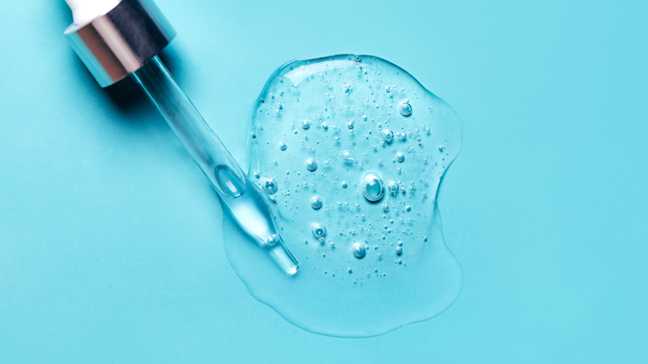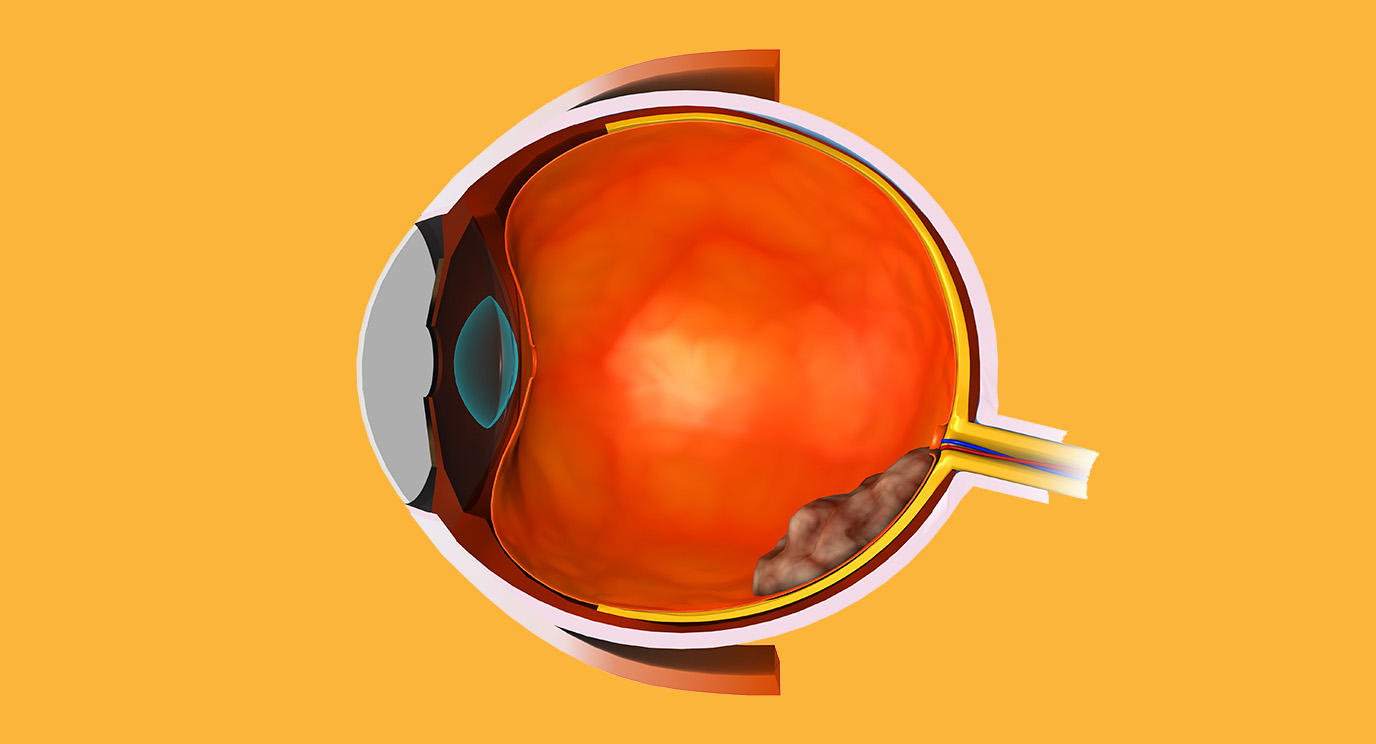- Diseases
- Acoustic Neuroma (16)
- Adrenal Gland Tumor (24)
- Anal Cancer (70)
- Anemia (2)
- Appendix Cancer (18)
- Bile Duct Cancer (26)
- Bladder Cancer (74)
- Brain Metastases (28)
- Brain Tumor (234)
- Breast Cancer (726)
- Breast Implant-Associated Anaplastic Large Cell Lymphoma (2)
- Cancer of Unknown Primary (4)
- Carcinoid Tumor (8)
- Cervical Cancer (164)
- Colon Cancer (168)
- Colorectal Cancer (118)
- Endocrine Tumor (4)
- Esophageal Cancer (44)
- Eye Cancer (36)
- Fallopian Tube Cancer (8)
- Germ Cell Tumor (4)
- Gestational Trophoblastic Disease (2)
- Head and Neck Cancer (14)
- Kidney Cancer (130)
- Leukemia (342)
- Liver Cancer (50)
- Lung Cancer (286)
- Lymphoma (278)
- Mesothelioma (14)
- Metastasis (30)
- Multiple Myeloma (100)
- Myelodysplastic Syndrome (60)
- Myeloproliferative Neoplasm (6)
- Neuroendocrine Tumors (16)
- Oral Cancer (102)
- Ovarian Cancer (178)
- Pancreatic Cancer (160)
- Parathyroid Disease (2)
- Penile Cancer (14)
- Pituitary Tumor (6)
- Prostate Cancer (150)
- Rectal Cancer (58)
- Renal Medullary Carcinoma (6)
- Salivary Gland Cancer (14)
- Sarcoma (238)
- Skin Cancer (300)
- Skull Base Tumors (56)
- Spinal Tumor (12)
- Stomach Cancer (66)
- Testicular Cancer (28)
- Throat Cancer (92)
- Thymoma (6)
- Thyroid Cancer (100)
- Tonsil Cancer (30)
- Uterine Cancer (86)
- Vaginal Cancer (18)
- Vulvar Cancer (22)
- Cancer Topic
- Adolescent and Young Adult Cancer Issues (22)
- Advance Care Planning (12)
- Biostatistics (2)
- Blood Donation (18)
- Bone Health (8)
- COVID-19 (360)
- Cancer Recurrence (120)
- Childhood Cancer Issues (120)
- Clinical Trials (628)
- Complementary Integrative Medicine (22)
- Cytogenetics (2)
- DNA Methylation (4)
- Diagnosis (238)
- Epigenetics (6)
- Fertility (62)
- Follow-up Guidelines (2)
- Health Disparities (14)
- Hereditary Cancer Syndromes (128)
- Immunology (18)
- Li-Fraumeni Syndrome (8)
- Mental Health (122)
- Molecular Diagnostics (8)
- Pain Management (62)
- Palliative Care (8)
- Pathology (10)
- Physical Therapy (18)
- Pregnancy (18)
- Prevention (936)
- Research (390)
- Second Opinion (78)
- Sexuality (16)
- Side Effects (616)
- Sleep Disorders (10)
- Stem Cell Transplantation Cellular Therapy (216)
- Support (408)
- Survivorship (328)
- Symptoms (182)
- Treatment (1788)
Edema and cancer: 8 questions answered
5 minute read | Published August 18, 2023
Medically Reviewed | Last reviewed by an MD Anderson Cancer Center medical professional on August 18, 2023
Edema is the abnormal accumulation of fluid in body tissue. It happens when the fluid that would normally stay in the bloodstream leaks out of tiny blood vessels called capillaries, resulting in localized swelling.
It can also be a side effect of cancer and its treatment. But what causes it in this case, and how does it differ from lymphedema? Can anything be done to prevent or treat it?
We went to breast medical oncologist Ajit Bisen, M.D., for answers. Here’s what he wants cancer patients and their caregivers to know.
What causes edema?
The delicate balance of fluid in the circulatory system can be influenced by several factors, including blood pressure, diet, and medication. So, any combination of the following could be causing it:
- electrolyte imbalance: usually caused by eating too much salt
- organ failure: could be the heart, liver, lungs or kidneys
- inflammation: fluid may leak from inflamed capillaries and lymphatic vessels
- medication side effect: depending on how they work, medications can cause sodium retention, fluid retention, or leaky blood vessels
- malnutrition: protein acts like a sponge to keep fluid in the circulatory system, so if someone’s diet is protein-deficient, or if they’re losing protein due to kidney or liver disease, they could experience edema
Can cancer or cancer treatment cause edema?
Absolutely. There are a few ways that cancer and cancer treatment can cause edema.
If a tumor is large enough, for instance, it can sometimes press on blood vessels or lymphatic vessels and cause swelling.
Chemotherapy is often accompanied by steroids, which are known for causing water retention. Even the chemotherapy drugs themselves can sometimes cause edema, though that’s not as common as it is with steroids. Some types of immunotherapy can cause edema as well.
Pockets of fluid in the abdomen, also known as ascites, can also develop when metastatic cancer cells have spread to that area.
What’s the difference between edema and lymphedema?
Edema is just a general term to describe swelling, so it can apply to any abnormal tissue swelling that’s caused by fluid build-up. Lymphedema refers specifically to swelling that’s caused by a disruption in the lymphatic flow.
Lymphedema is usually caused by a blockage in the lymphatic system or the removal of lymph nodes as a part of cancer treatment. The disrupted flow of lymphatic fluid creates swelling when it can’t drain properly.
What are the symptoms of edema?
The most obvious symptom is swelling. But you may also experience:
- fatigue
- shortness of breath while walking
- trouble breathing while lying down flat
- weight gain
If you notice an increase of 2 kg (4.4 pounds) or more over three days or less, you should notify your care team immediately, as the cause will need to be determined.
How is edema typically treated?
Treatment depends on what’s causing the edema.
If you’re taking a new medication and edema is a common side effect, we’ll see if we can safely continue the new medication once the edema is controlled. If not, we’ll consider alternatives.
If edema is part of an allergic reaction to a medication, we’ll typically treat it with antihistamines and/or steroids or discontinue the medicine.
If edema is caused by blockage from a tumor, we might consider surgery or radiation therapy to resolve it.
If it’s caused by some type of organ dysfunction, we may prescribe diuretics, commonly referred to as “water pills.” These are prescribed to help relieve symptoms.
But diuretics can have side effects, including dehydration and kidney dysfunction. So, generally, we’ll only use diuretics as a last resort. We don’t want patients to become dehydrated while still suffering from edema. And it’s important to diagnose and treat the cause of the edema, rather than just treating the symptoms.
Massage and compression garments may also reduce and prevent swelling.
Why is it important not to delay edema treatment?
The body is designed to be in equilibrium, and part of that means fluid should be free-flowing. If an area develops where it’s just pooling instead of circulating, that’s not good. And, if you don’t do anything to relieve it, it will only get worse. If left untreated, edema can cause:
- skin discoloration: skin may change colors or become shiny as its stretches
- pain: nerves can become irritated and very sensitive
- “weeping” skin: excess fluid seeping or oozing out of the pores
- valve damage: veins may develop an irreversible condition called chronic veinous stasis, which means that their ability to carry blood will never be the same. You may also see varicose or spider veins develop.
Does edema’s location give any clues as to its possible causes?
Yes. Edema and swelling in general can provide us with some important information.
If swelling occurs in both legs, for instance, it’s most likely due to excess sodium or some other systemic factor. If it’s only on one side, though, that could point to an obstruction or a blood clot, usually deep-vein thrombosis (DVT).
DVT requires urgent evaluation. If a blood clot comes loose, it could travel to the lungs and cause a fatal pulmonary embolism. And, cancer patients in particular are at increased risk of blood clots, due to both the disease itself and some forms of treatment.
Is there anything patients can do on their own to reduce edema?
Yes. There are a few steps you can take to reduce edema, including:
- exercise: The muscles in your body act like a pump. And valves in the veins help direct fluid back toward the heart. So, getting up and moving around is very beneficial. When blood leaves the heart through arteries, it has a lot of pressure behind it to drive it out to the organs and tissues. But veins return the blood to the heart passively, with assistance from the pumping action of the muscles.
- elevate your legs: This can also be helpful if you’re on your feet all day.
- reduce your sodium intake: Even healthy people who eat a really salty meal sometimes notice swelling around their eyes or nose the next morning. Your hands may feel swollen or tight, too. That’s because salt acts like a sponge. And wherever salt goes, water follows.
But talk to your care team if you have any concerns or questions. They can provide personalized answers specific to your case.
Request an appointment at MD Anderson online or by calling 1-877-632-6789.

Wherever salt goes, water follows.
Ajit Bisen, M.D.
Physician





